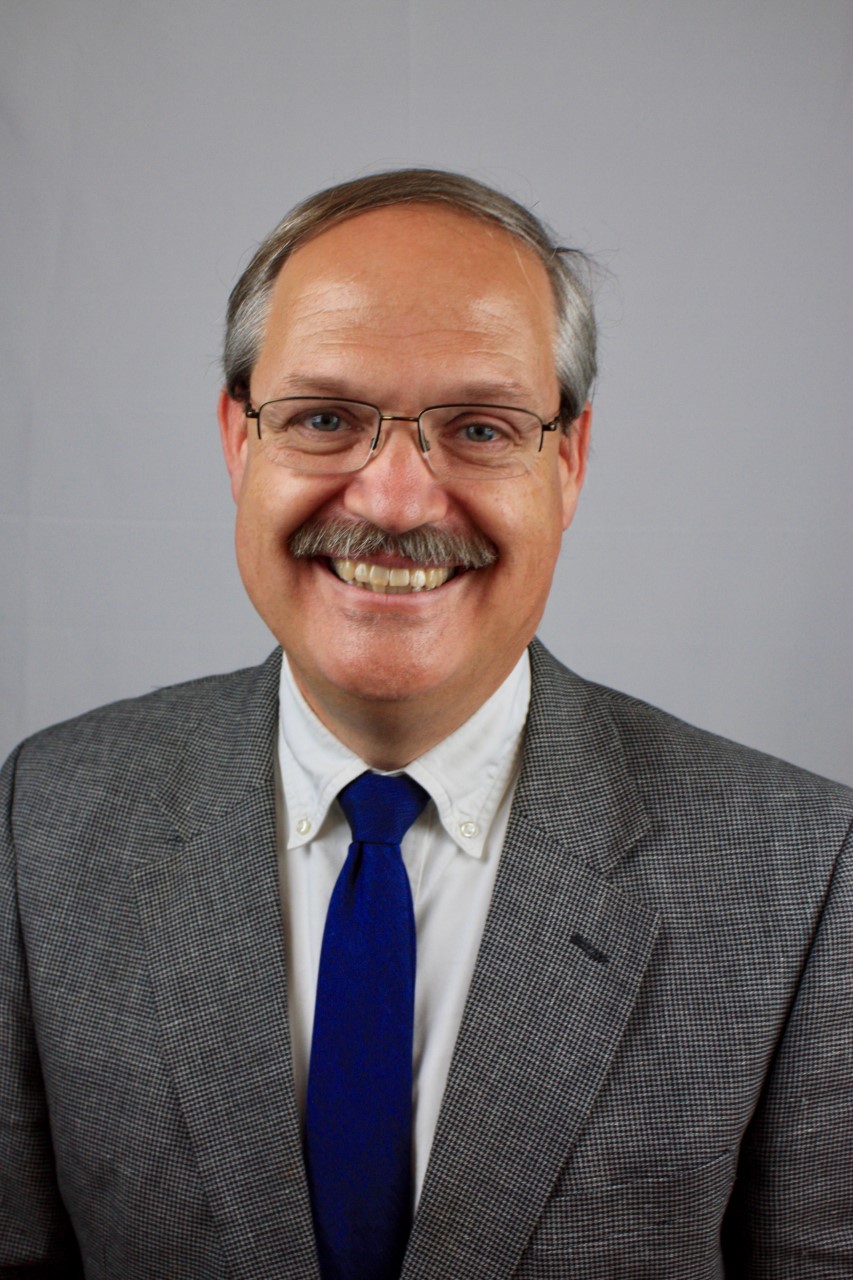 Past CTA President used to say, “It’s all about relationships.” He said it so often in his speeches that toward the end of his presidency he would simply begin “it’s all about …” and his audience would finish the sentence for him.
Past CTA President used to say, “It’s all about relationships.” He said it so often in his speeches that toward the end of his presidency he would simply begin “it’s all about …” and his audience would finish the sentence for him.
He was right.
Humans are social creatures that interact in many ways, including with family, coworkers, clients, and their communities. As teachers, we are generally aware of the need to build relationships with our students, since students try harder and persevere longer when they feel bonds with others. It’s an accepted fact that student success is based in part on these connections. I think it’s also true that faculty success is based in no small part on our relationships with our coworkers, including our extended union.
A few months ago, the CCA Board was asked to brainstorm how they wanted the board to grow and develop. By far the most frequent response included the building of relationships. This might explain why it’s common to see CCA Board members and conference delegates late at night sitting at a bar or restaurant in light conversation after the day’s work is done. Seeking other people out, listening to their stories and acknowledging their ideas isn’t just an enjoyable way to pass a few hours; it’s also about creating connections, finding commonalities, understanding perspectives and developing goodwill.
The internet abounds with articles about the value of personal networks. When you have a professional relationship with a coworker, you’re showing that coworker that you are a good listener and that you’re empathetic. You’ve set yourself apart from the many other people they see and have established trust. In return, you’re much more likely to be thought of in a positive light, and you’re much more likely to be assisted when you ask for help.
Our relationship with our union, both local and extended, matters too. At the local level, the local president and negotiations chair need to know about your issues and how they can help.
Your local leaders also need your support and your presence when negotiations stall, and they benefit from your company and viewpoint at the social events they plan. At the service center level, locals can come together to discuss regional politics, negotiation hot topics and collective goals. If the interlocal relationship is far enough along, you might have an opportunity to do something for another local or to attend a group event. When this occurs, I hope that you will volunteer your time. The weaving of connections, like so much else in life, requires constant maintenance and effort, but it’s worth it. We can accomplish much if we work together.
It’s all about relationships.
The Discussion 0 comments Post a Comment